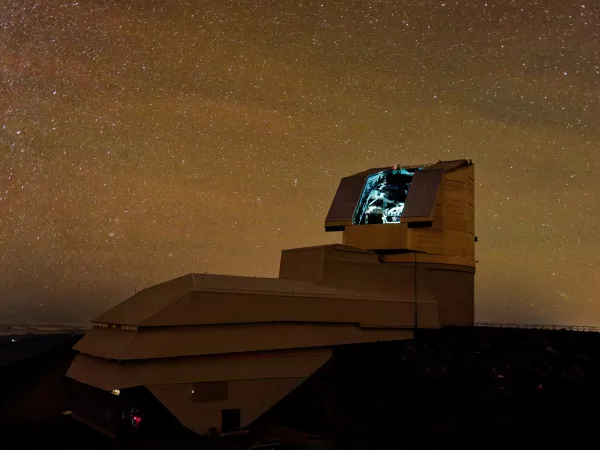The Echoes Between Stars
The search for life isn’t just out there among the stars—it’s also inward, into the ways we perceive, define, and listen. This piece explores how becoming better receivers might be the key to hearing what’s already calling back.
We often think of the search for life beyond Earth as something that happens out there—in distant radio signals we haven’t yet received, in the ice-locked oceans of Europa, or in the spectral fingerprints of exoplanets. And that search is real. It matters. But it’s incomplete without a counterpart—one that turns inward.
Inward toward our assumptions. Inward toward our instruments. Inward toward the ways we define what life is in the first place.
The echoes we send into space are shaped by who we are. So if we want to hear something back, we need to know what we’re really listening for.
Throughout history, humanity has broadened its ability to detect things it once thought invisible. We discovered bacteria only after inventing microscopes — and accepting that tiny, invisible organisms could exist at all. We found planets orbiting other stars only after realizing how much of the universe exists outside our narrow band of perception. We proved gravitational waves real only after believing that they could exist and building instruments subtle enough to hear them (quite literally, as the waves are often converted into audio frequencies for human interpretation).
These are not just technological advances. They are shifts in what we believe is possible to detect. They are acts of cognitive humility—and they’ve reshaped our ability to perceive the universe.
If we want to find life beyond Earth, we need that same humility again. Not just to expand our tools, but to stretch our minds. What if the reason we haven’t heard from anyone yet is because we’re listening for the wrong kind of signal? What if intelligent life communicates not in bursts of radio, but in resonance—through gravity, quantum states, or biological fields we haven’t yet learned to read? What if the very definition of intelligence, of sentience, is different in other forms of life?
We must keep listening with open minds and adaptive instruments. Because every new way of seeing brings the chance of recognizing something we never imagined. Something that was waiting for us—not to build a better antenna, but to become a better receiver.
So the question isn’t just where is everyone? The question is: who must we become to know them when they make themselves visible?
And perhaps just as importantly:
What echoes are we already sending?


